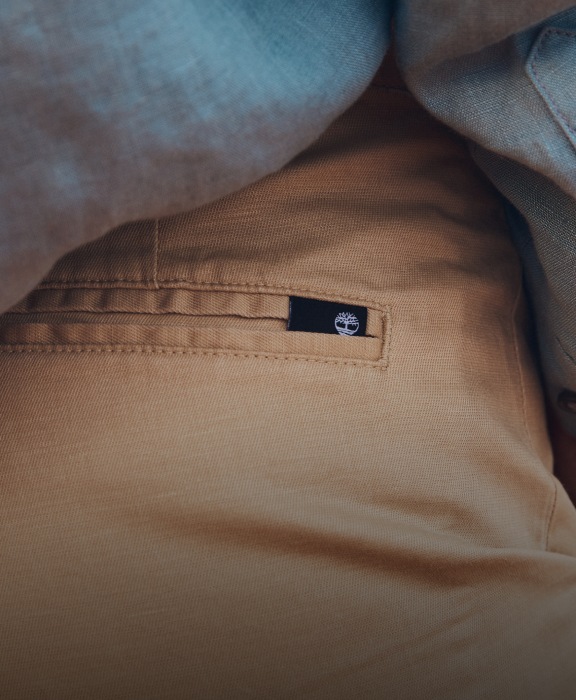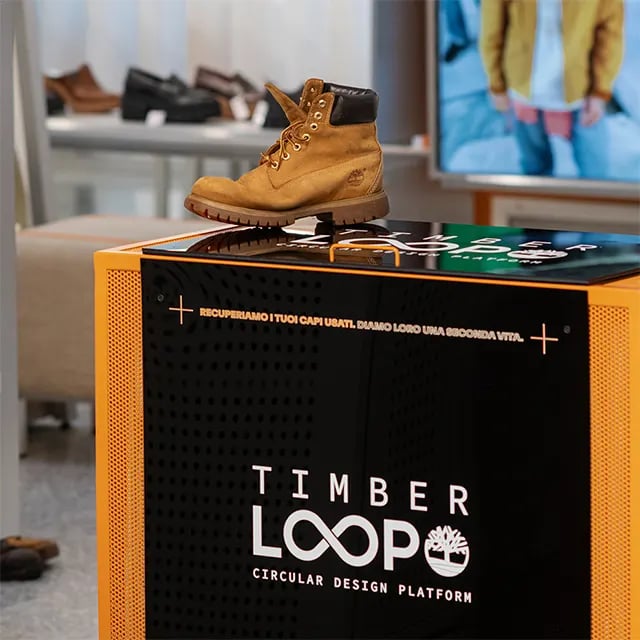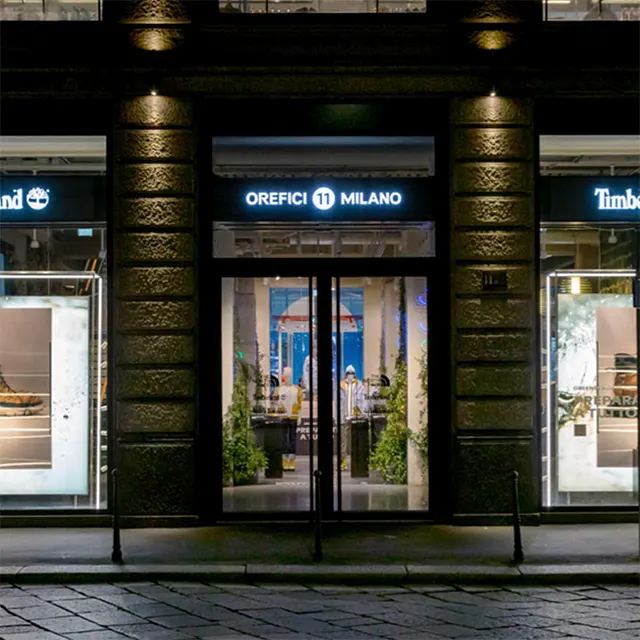


LINHO PASTEL
Cores suaves e tecidos ainda mais suaves e arejados. Uma estação atemporal é essencial.

DÊ COR À SUA ESCAPADELA DE FIM DE SEMANA
Fuja do escritório com os novos sapatos de vela de 2 ilhós em cores vibrantes.

FEITOS PARA OS DIAS MAIS LONGOS.
Prepara-te para o verão e deixa-te envolver pelo calor do sol.

SANDÁLIAS DE VERÃO
Com uma mistura perfeita de conforto e estilo, estas sandálias ajudam a canalizar a energia vibrante dos dias de verão.



